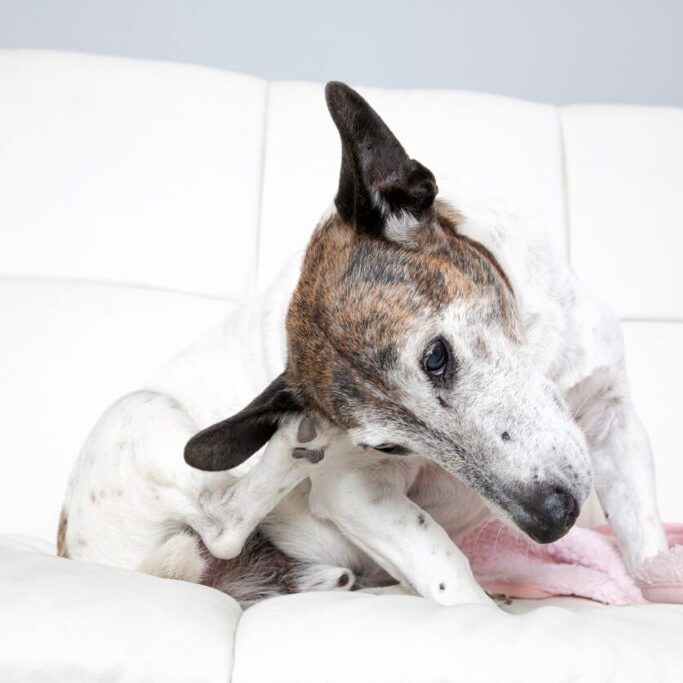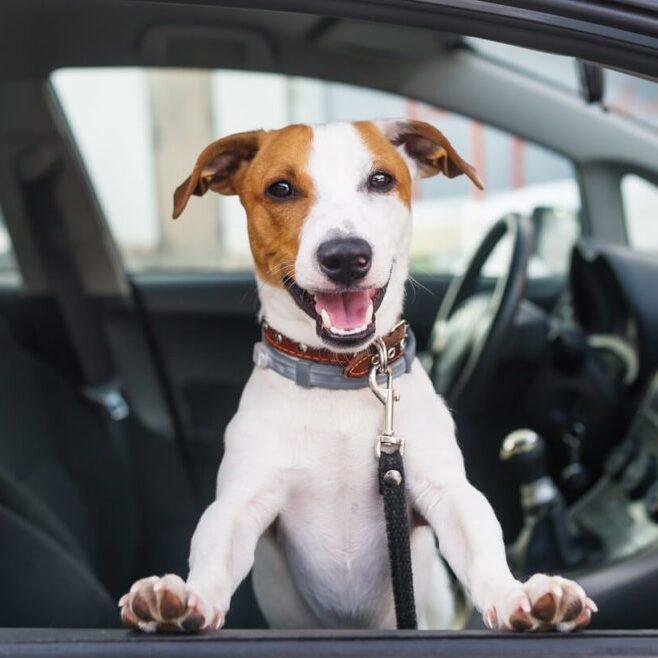Dogs
Dog Park Rules of Etiquette

It’s finally warming up and school’s almost out. Pet parents, families and dogs around the country are ready to get back to the dog parks! And while veterinarians strongly encourage daily exercise and socialization with other dogs, off leash dog parks are not for every dog. Here are the ten important tips to remember to help keep every family member (two and four-legged) happy, friendly, fun and healthy!
- Assess your dog’s personality before going to the dog park. If your dog has signs of anxiety, especially around other dogs, or has not been through obedience training, an off-leash dog park may not feel good to her. Instead, consider a long walk on leash or hike.
- Dog parks/beaches are NOT recommended for female dogs in heat. Ever.
- Prepare for the park by bringing your own water and collapsible water bowl. Water keeps your dog hydrated, especially on a sunny, humid day, but it’s just as important to help prevent diseases (like Leptospirosis and Giardia) that lurk at the park in the contaminated communal water sources.
- Be a good neighbor. Always pick up waste and dispose of it properly.
- Even though it might be an off-leash park, keep your dog on leash inside for the first few minutes when you arrive. This gives you both time to survey the other dogs and the environment first. Also, use this time to watch your dog’s posture and body language to make sure she’s comfortable.
- Stay off your cell phone! Even though it’s a fenced space, it’s essential to always know where your dog is, who she’s with and what she’s doing.
- Understand body language! Pinned back ears, crouched body posture, slow movements and a tucked tail are all signs of stress, anxiety and fear in dogs. This means time to intervene and/or remove your dog from the situation.
- If the behavior escalates, it’s definitely time to go home for that day.
- When getting ready to leave, always place your dog’s leash on before exiting the park. Remember, gates can swing open quickly and people can forget to latch.
- Finally, if your dog has any respiratory or gastrointestinal signs like coughing, vomiting or diarrhea, it’s not the day to be around other dogs. Talk to your veterinarian about next steps.
Did you find this helpful? Share it!
Recent Posts
About VetScoop
Pets make our lives better. At VetScoop, we’re on a mission to return the favor by giving you access to trustworthy, science-based information so you can provide the best possible care for your pets.
Related Posts We Think You'd Like





